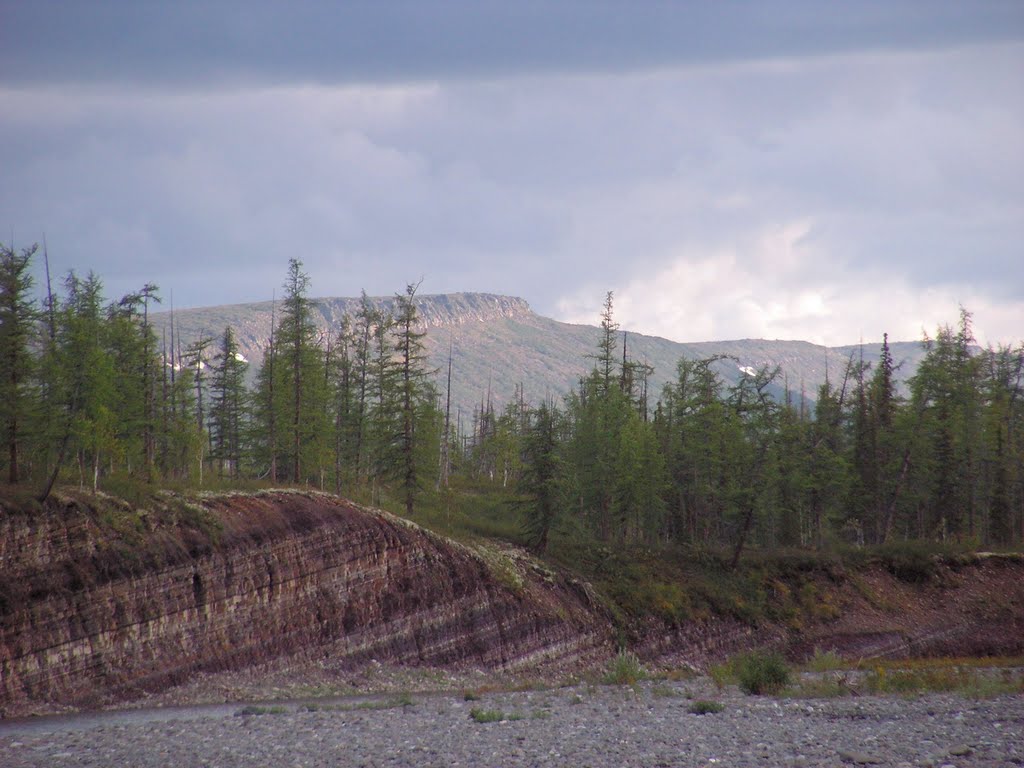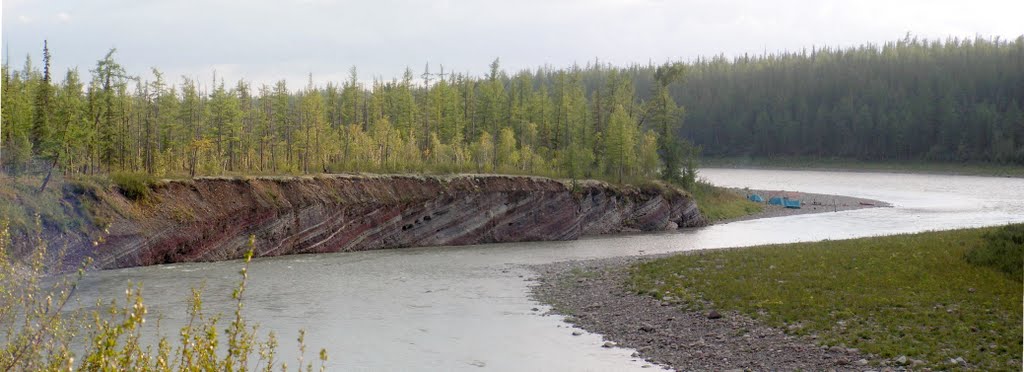The Carlsberg Foundation is sponsoring field work led by Tais W. Dahl to Arctic Siberia, where an important climate catastrophe is recorded in marine sedimentary rocks. The expedition will bring back data and samples deposited in the oceans during a climate event that caused sulfidic anoxia to suddenly expand in warming oceans and wipe out animal ecosystems. This research will help researchers determine the tipping point at which such a cascade might occur.
We know that the open ocean has lost 2% of its oxygen (O2) in the past 50 years and that the loss of oceanic oxygen was a potent kill mechanism during the most devastating mass extinctions in Earth history. Some Earth system models also predict that deoxygenation can pass a tipping point beyond which marine O2 loss self-propel (without further forcing) into a state where marine animal life suffocate.

The Cambrian SPICE event provides an opportunity to explore this tipping point, and is best recorded in thick marine carbonate deposits along the banks of Kulyumbe river in Siberia. This project will finance field work aimed at bringing back geologicall samples and geochemical data to constrain the rate of expansive anoxic water masses and, thereby, quantifying a dangerous runaway feedback on marine anoxia.

Our group has discovered oceanic anoxic events in the Cambrian (542-488 million years ago, Ma), and established a high-resolution temporal framework across the SPICE event (497-494 Ma) from sediments elsewhere in the world (Dahl et al. 2013; 2017; 2019a; 2019b; Sørensen et al. 2020). The Siberian sections will elucidate the global nature of the SPICE event – and might even elucidate the trigger for the event – and importantly, constrain the pace at which ocean conditions deteoriated.
The field work is rescheduled to July 2022, due to the COVID-19 pandemic.
